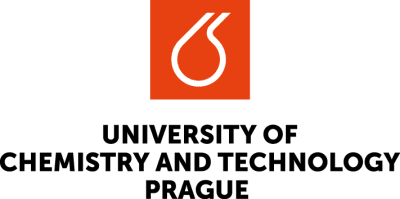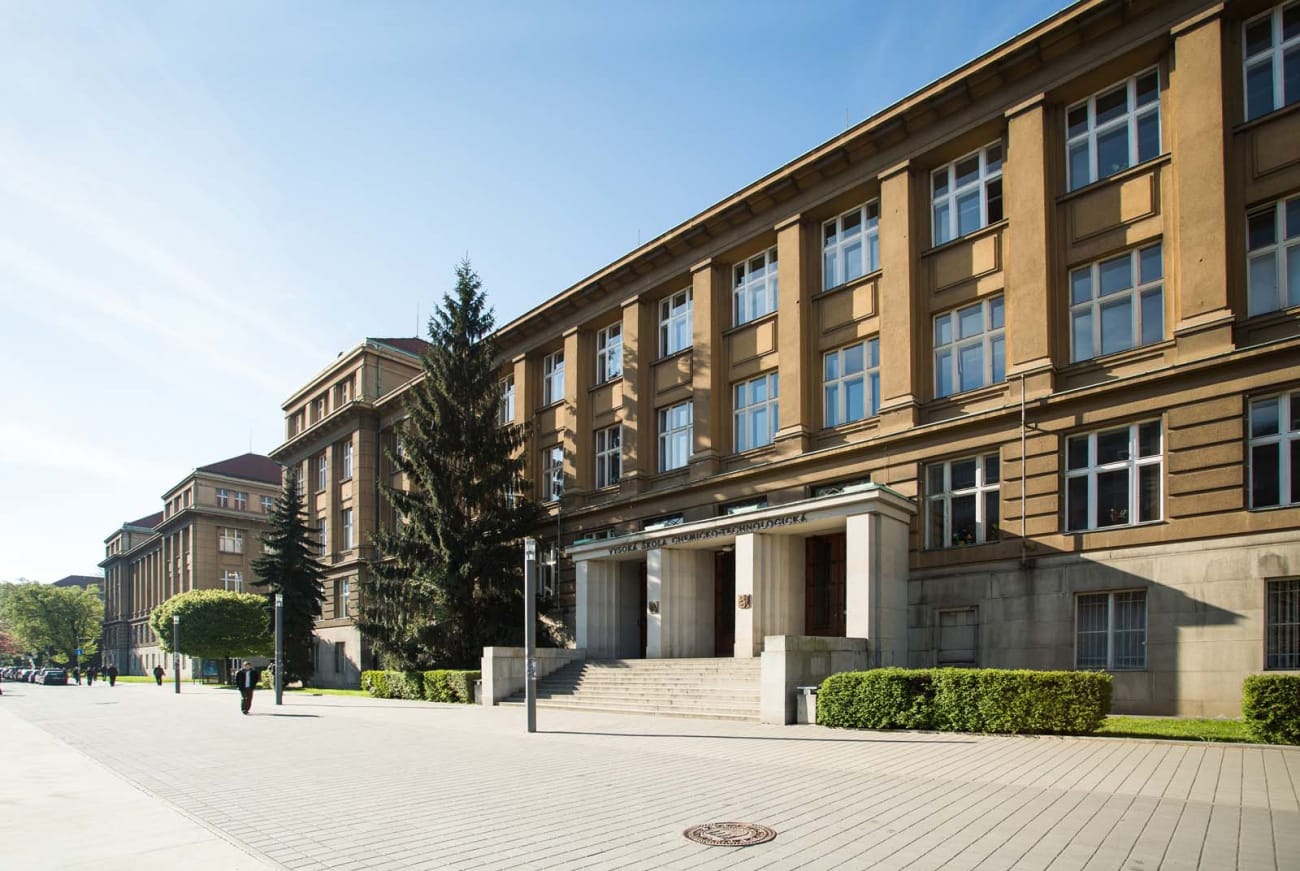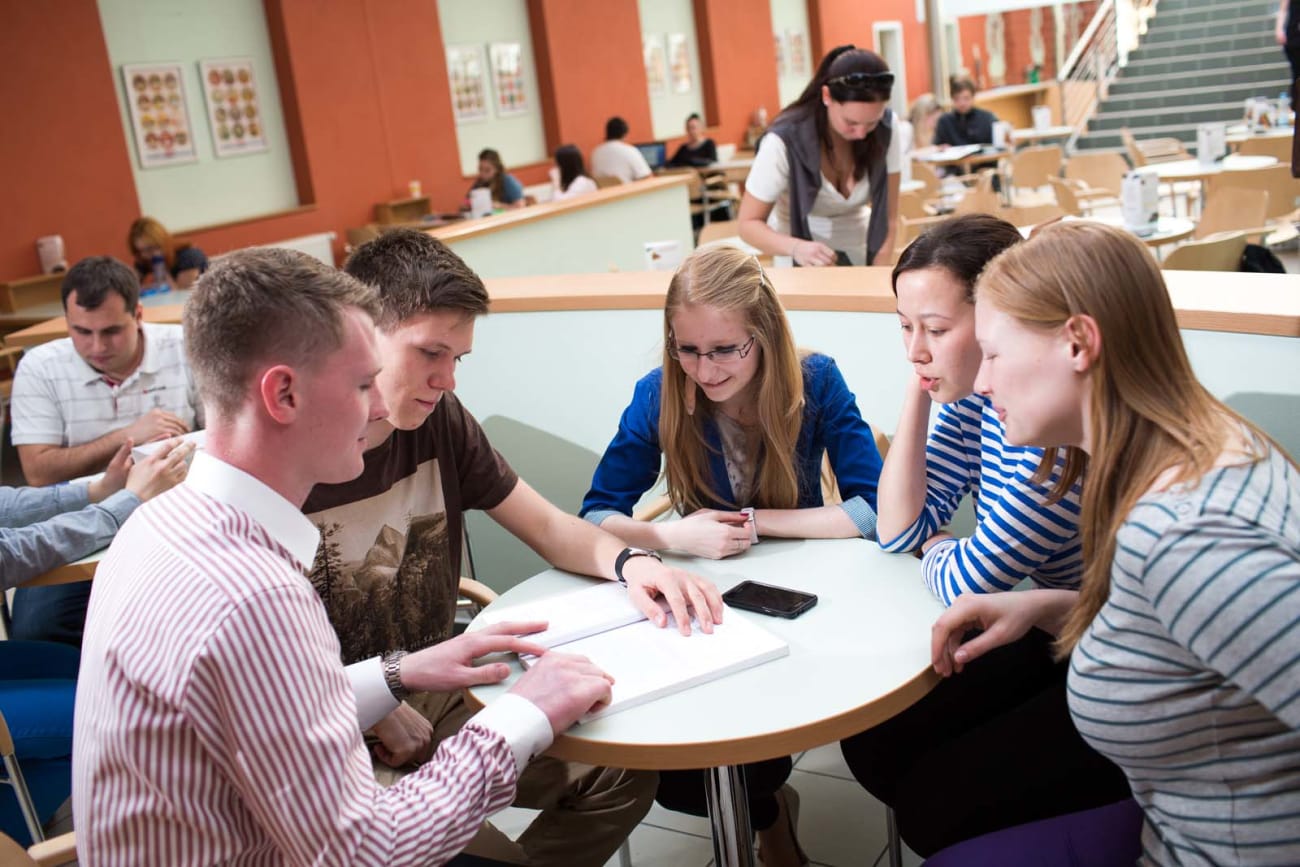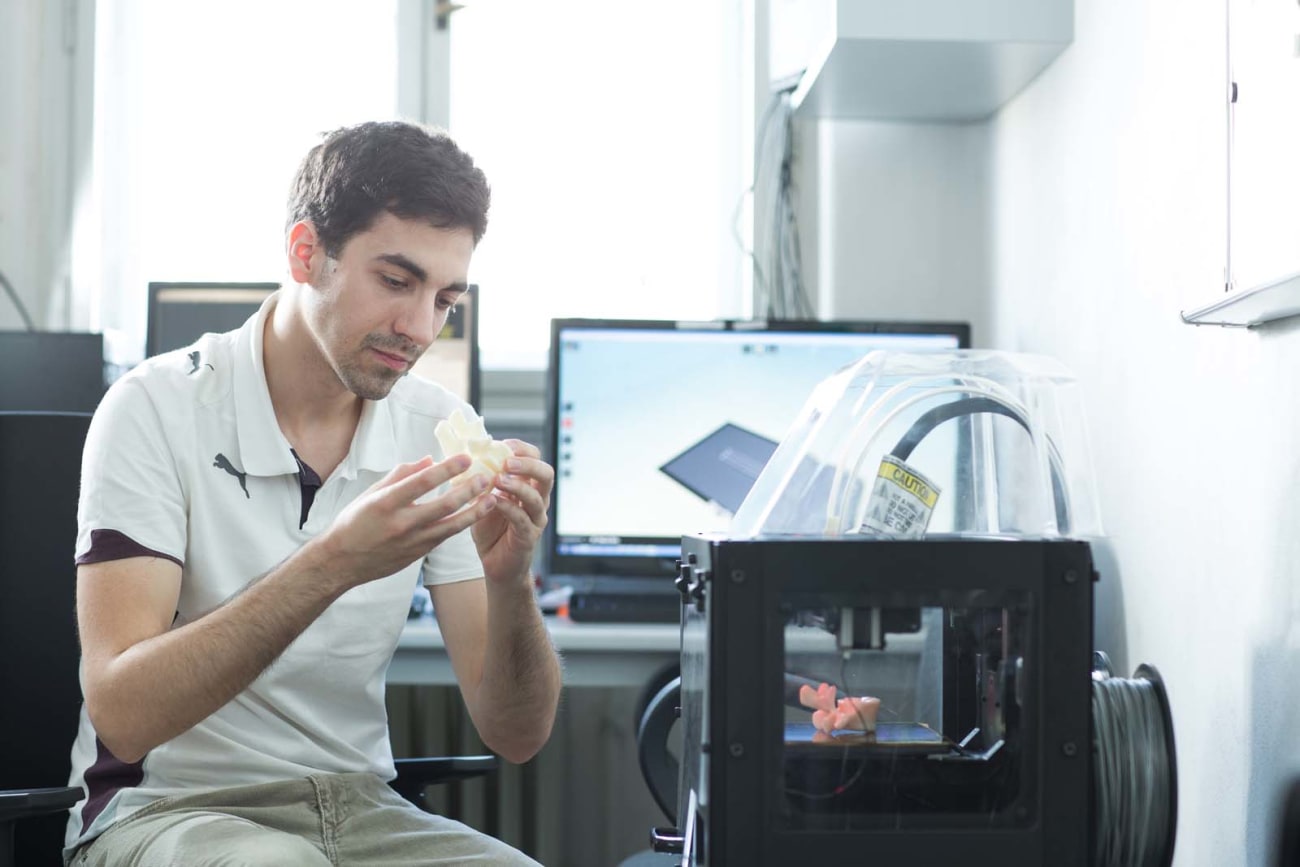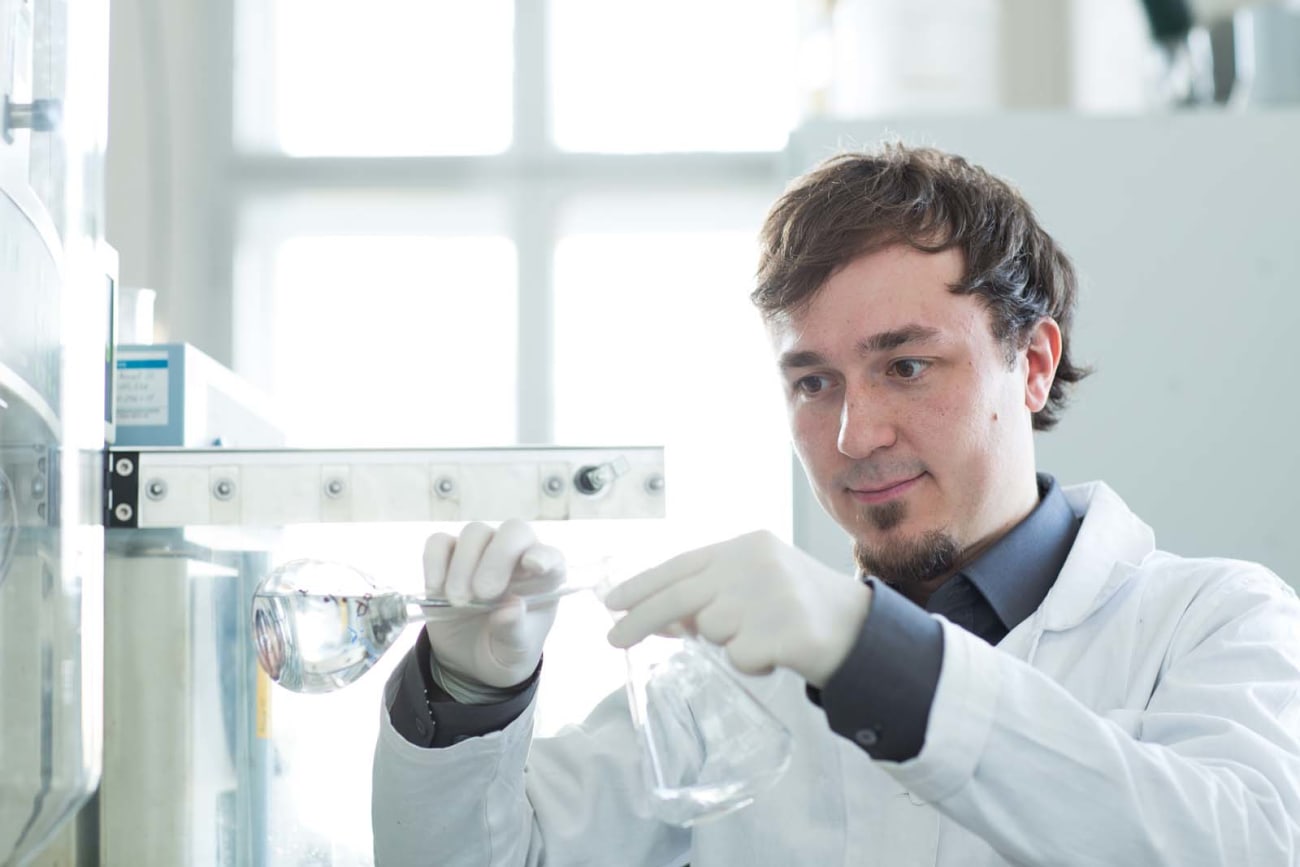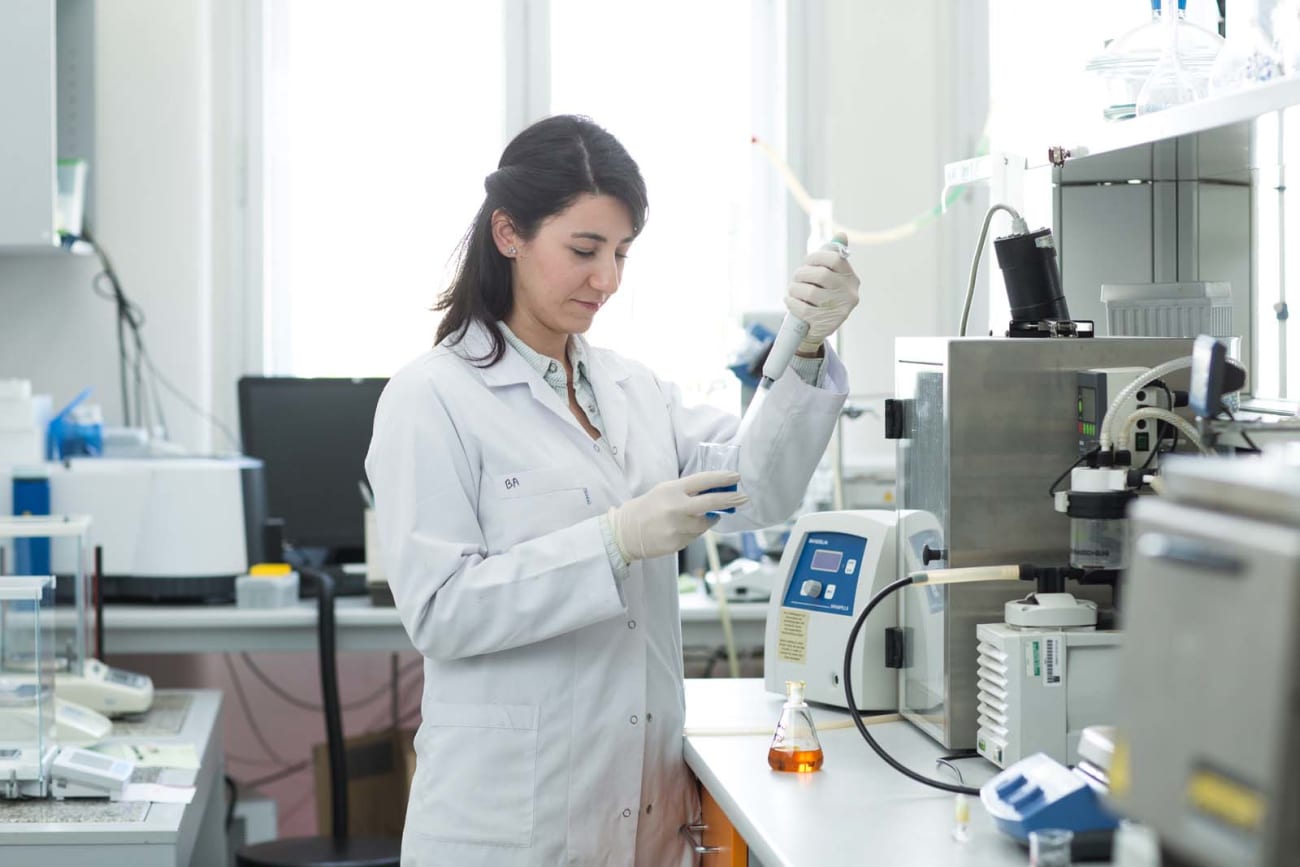The University of Chemistry and Technology, Prague is a natural center of first-rate study and research in the area of chemistry in Czechia and is one of the country's largest educational and research institutions focused on technical chemistry, chemical and biochemical technologies, material and chemical engineering, food chemistry, and environmental studies.
Research University
According to the prestigious Times Higher Education rankings, UCT Prague, one of five Czech universities, ranks among the 4% of the best world universities (*2017). The school has also dominated the rankings of the Education Policy Centre of Charles University in the category “Emphasis on Science, Research and Creativity” category (*2016).
Currently, UCT Prague boasts a number of excellent experts such as Jana Hajšlová, member of the EU Advisory Group “Food Quality and Safety”; František Štěpánek, who has been awarded an ERC grant; Martin Pumera, head of the excellent team for advanced functional nanorobots.
Half of its income is generated from the institution's creative activities focused on science, research, and innovation. In the Czech context, this is an extraordinary accomplishment.
It is a member of the European University Association, the European Federation of National Engineering Associations, and the International Society for Engineering Pedagogy. It cooperates with more than 100 academic institutions not only in Europe but also in the US, Canada, Japan, Vietnam, and many other countries.
History
UCT Prague was founded in 1952 but its origins date back to 1807 when the first course in chemistry was delivered at Prague Polytechnic. The reorganization of the polytechnic in 1920 resulted in the transformation of the chemistry department into the School of Chemical Technology, one of the seven sections of the Czech Technical University.
A number of key figures of the history of chemistry relate to UCT Prague. Among them, three figures are renowned in their fields: Vladimir Prelog, Nobel Prize winner, Otto Wichterle, inventor of contact lenses, and Emil Votoček, author of the Czech chemical nomenclature.
Several presidents of the Czech Academy of Sciences – František Šorm, Rudolf Zahradník, and Jiří Drahoš – are connected with the school as well.
UCT Prague was the first Czech university authorized to provide the Eurobachelor degree. As its name indicates, this prestigious recognition certifies the quality of UCT Prague bachelor studies at the European level.
Notable Research
Currently, UCT Prague boasts a number of excellent experts such as Jana Hajšlová, member of the EU Advisory Group “Food Quality and Safety”; František Štěpánek, who has been awarded an ERC grant; Martin Pumera, head of the excellent team for advanced functional nanorobots.
UCT Prague researchers were very successful within the European Community framework program, HORIZON 2020, and are actively involved in developing many new research projects and collaborations.
Faculties
UCT Prague (in addition to departments accomodating the needs of the entire university) has four faculties:
- Faculty of Chemical Technology
- Faculty of Environmental Technology
- Faculty of Food and Biochemical Technology
- Faculty of Chemical Engineering
Worldwide Cooperation and Collaboration
UCT Prague cooperates with more than 100 universities and institutions worldwide. The university is the most active Czech university participant in the Erasmus+ student exchange program and has also participated in other programs such as the 5th and 6th framework program, COST, EUREKA, and Leonardo da Vinci.

